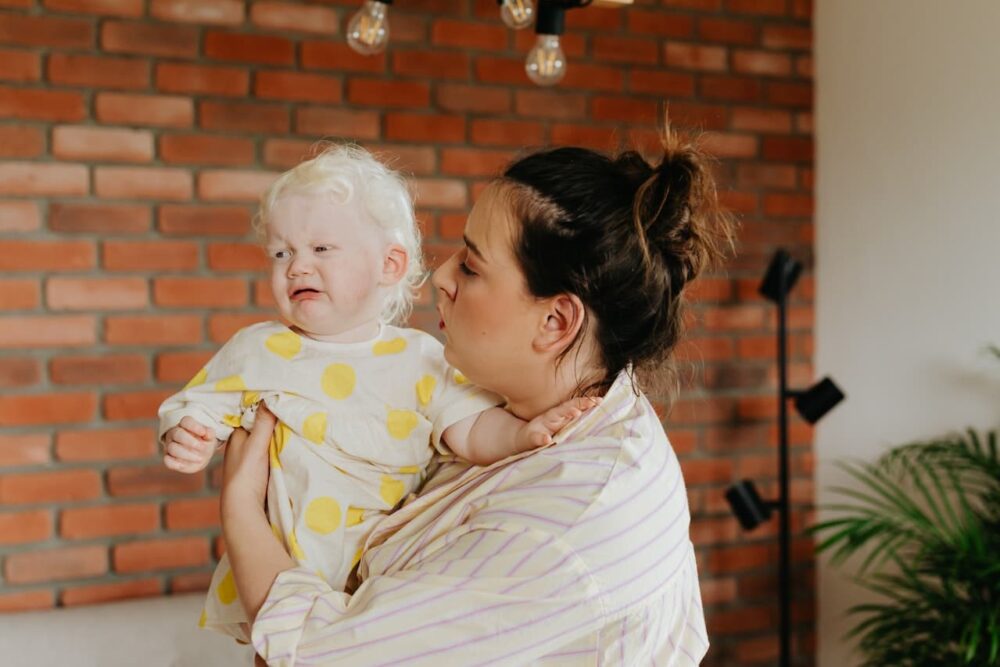none
Parental openness – Early parental openness can promote children’s self-regulation
What is the spirit?
I vividly remember the first few weeks of motherhood when I was confused and unsure as to why my baby was crying. I wondered why she was crying. what does she think What does she want besides food? do you just want to kiss me? Over time, I began to understand my child’s desires and emotions more clearly. In talking to other new parents, I’ve found that they understand their child’s thinking in different ways.
The ability of a parent to see their child as an individual with their own thoughts, feelings, and desires and to display these experiences in their interactions with their child is called intelligence. You can accurately read your child’s thoughts and label their mental states. This may include reflecting on the child’s emotional experiences and expressing their own desires.
For example, when a toy breaks and a child starts crying, a sane parent might say: You wanted to play with this toy. In contrast, a parent who misinterprets the child’s mental state (eg, assumes the child is crying because he is tired and doesn’t want to play anymore) indicates that he is out of tune.
How can mindfulness help children?
Parental awareness plays an important role in the development of a child’s self-regulation. Self-regulation is an important skill that enables children to manage their emotions and behaviors in context (Eisenberg, 2000; Kochanska, 1993). When children turn 4 or 5 and start school, the demands for self-regulation increase. Self-regulation becomes especially important from this age onwards, as children need to stay focused, pay attention to learning goals, and participate actively in classroom learning (eg, Nota et al. 2004).
Increase self-regulation
A large body of evidence suggests that self-regulation during the preschool stage is important not only for later academic performance, but also for children’s social adjustment and mental health. Preschoolers who are better able to regulate their emotions and behaviors have better relationships with others, are more socially competent, have healthier lifestyles, and are less at risk of developing psychiatric disorders ( Robson and al., 2020).
Several studies have examined the role of parental mindfulness in the development of infant self-regulation. They showed that maternal and paternal thinking is associated with the emergence of self-regulatory abilities during early childhood and preschool (Cheng et al., 2018; Gagné et al., 2018; Senehi et al., 2018). ., 2018; Zeegers et al., 2019). However, it is unclear whether parental awareness at this age plays an important role in preschool children’s self-regulation. This is especially important to determine due to self-regulation at preschool age predicts various life outcomes.
How can parents cultivate mentality?
What does this mean for parents? It is not surprising that a strong parent-child bond positively affects children’s social-emotional development, but our findings suggest that mothers and fathers can influence their children’s inner experiences to facilitate their inner experiences. It emphasizes the unique importance of recognizing inner experiences. Self-regulation from an early age.
Parents can pay close attention to their child’s behaviors and signals and take the time to process and label their child’s thoughts, desires, and emotions. By doing so, parents help children understand their inner life and facilitate self-regulation. And the best part? It’s never too early to start this habit. Even discussing mental states before your child starts talking can help develop this important life skill.
From: Growkoc

